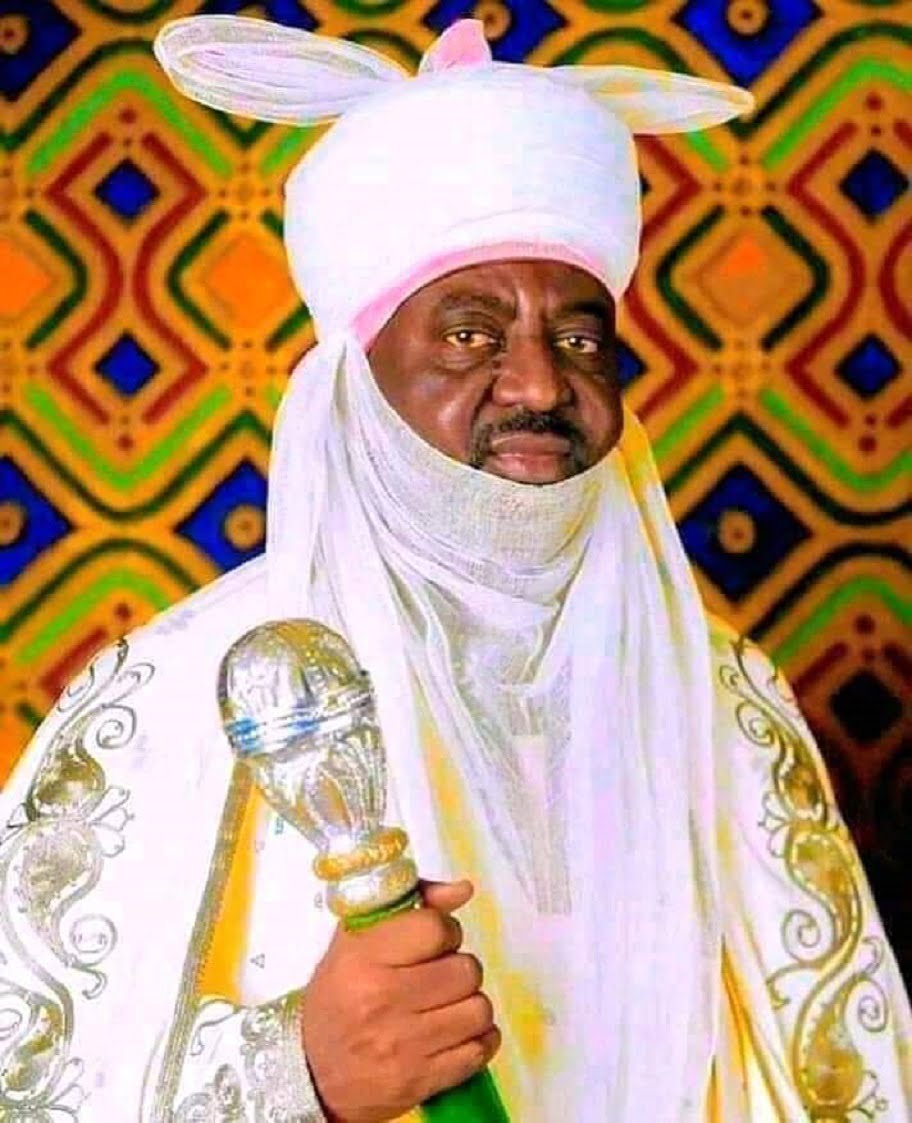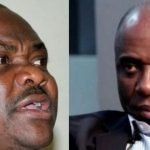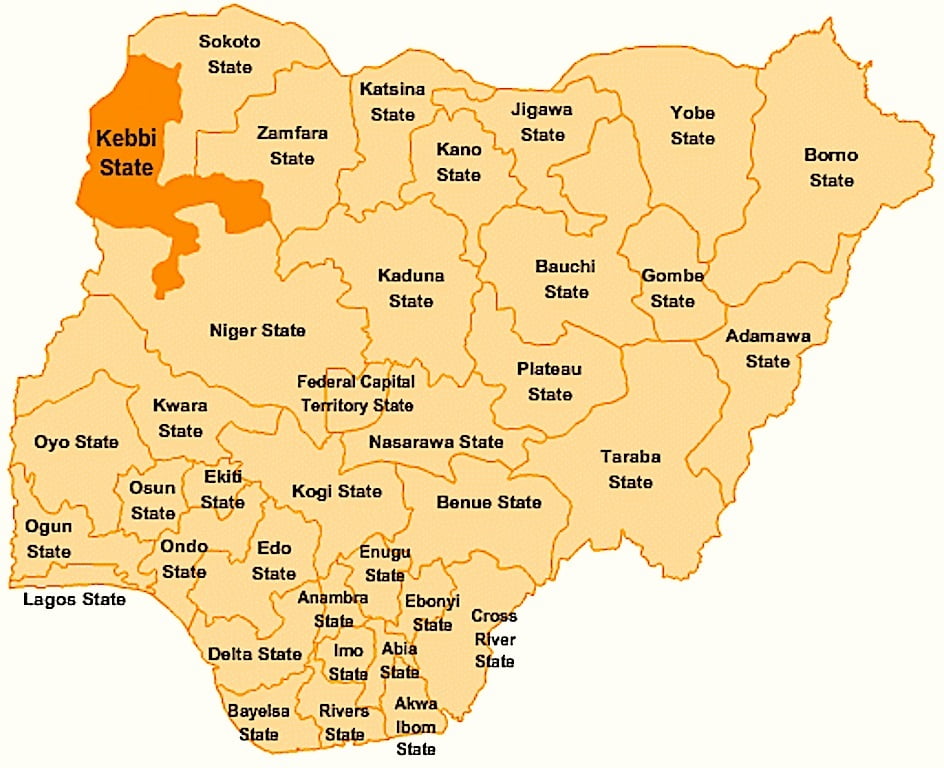Emir of Kano, Alhaji Aminu Ado-Bayero has urged politicians to eschew politics of bitterness and violence.
The Emir spoke on Tuesday in Kano at the unveiling of charter demands for candidates of the various political parties, ahead of the 2023 General Elections.
The News Agency of Nigeria (NAN) reports that the document, tagged “Hasken Jihar Kano Project”, was initiated by the Partnership to Engage, Reform and Learn (PERL).
It was supported by the United Kingdom’s Foreign Commonwealth and Development Office (FCDO).
Represented by Alhaji Habib Bello-Dankade, the emir said that violence does not do anybody any good, but only causes destruction and retrogression.
Ado-Bayero also advised the PERL to use the media in enlightening people on the project.
Mr Isa Surajo, PERL State Team Leader in charge of Kano and Jigawa states, said that it is a non partisan platform expanding citizens’ influence in governance.
This, he stated was being done by setting agenda for the engagement of candidates.
“The document highlighted pre and post election engagement plans on education, health, agriculture and environment.
”Other areas are commerce, women and people with special needs, digital economy and justice, among others.
“It is meant to expand citizens’ influence around the governance processes to improve service delivery.
“The agenda setting is one of priorities in ensuring that the citizens are being supported and organised to prioritise their demands and develop charters.
“They will engage the candidates to show them their needs when elected into offices and how best they can meet these needs in governance,” he said.
Also speaking, Dr Auwalu Halilu, said that about 60 associations took part in developing the document.
Halilu said that the document comprised general and specific needs across the 44 local government areas of the state and suggestions on how to achieve them.
NAN reports that on education, some of the problems highlighted included inadequate teaching and learning materials, high students’ population, inadequate teachers and structures, among others.
On health, the issues include deficit of personnel, non release of funds for health programmes as well as shortage of equipment, among others.
Similar problems were also identified in other sectors while solutions were proffered on how best they could be addressed by the political office holders after the election.
Some of the participants included representatives from the five emirate councils, associations, political parties’ representatives, civil society organisations, people with special needs and professional groups, among others.







2 Comments